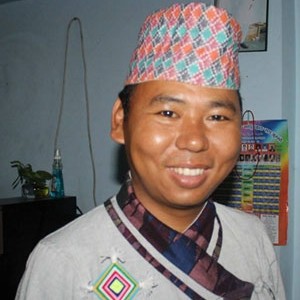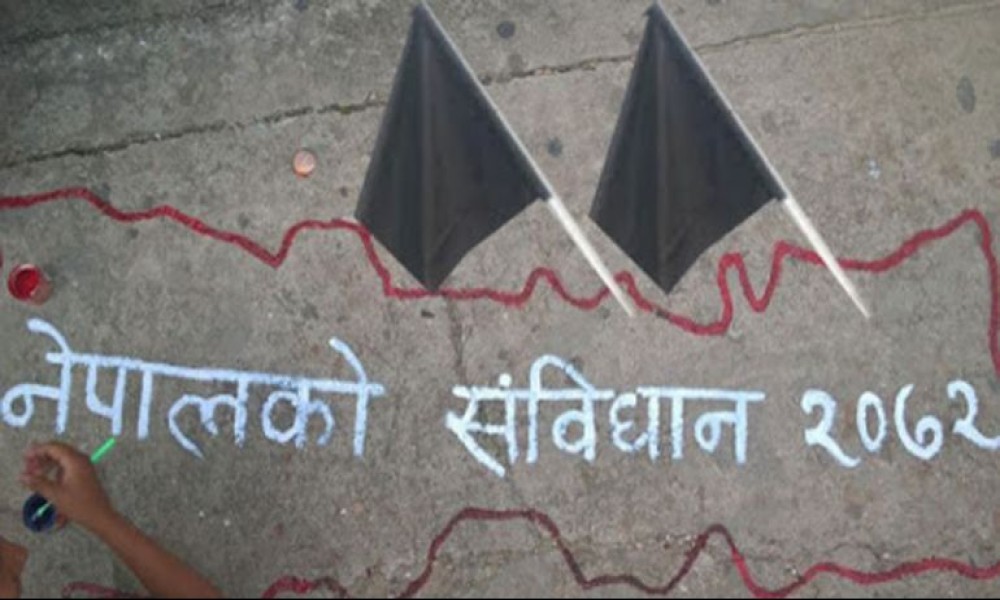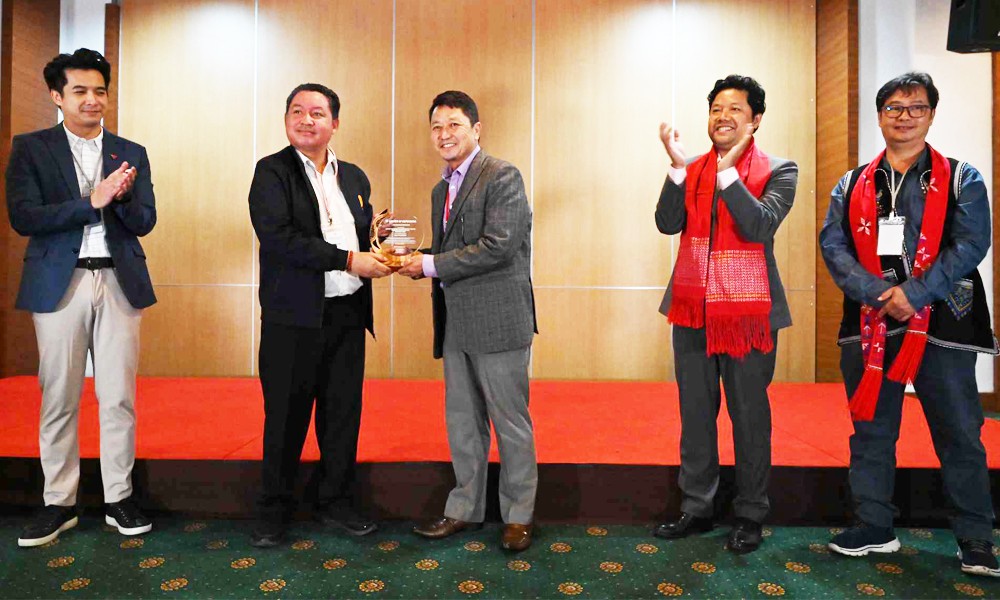The second constitution amendment bill is now in the Parliament. But why and for whom? It is not clear. Adivasi Janajati, Madhesi, Muslim and minority groups have reject the constitution, saying the document does not guarantee their autonomy, rights to self-determination and proportional representation. But even the second amendment fails to address their grievances.
Ang Kaji Sherpa, former General Secretary of the Nepal Federation of Indigenous Nationalities (NEFIN), says: "The constitution was promulgated at a time when earthquake-struck Nepalis were living in shelters. They did not have time to deliberate on the clauses of the constitution. So the constitution was promulgated without people's active participation."
The constitution was promulgated at a time when earthquake-struck Nepalis were living in shelters. They did not have time to deliberate on the clauses of the constitution. So the constitution was promulgated without people's active participation.
Tharuhat Party's MP Gopal Dahit dubs the constitution 'unconstitutional'. "They say the constitution was passed by a majority. But it is a document passed by a few for their own benefits. Adivasi Janajati, Dalit and backward communities form the majority of the population, but they have rejected the constitution."
Dahit says the constitution, in this form, has failed to strengthen national unity, and is destined to fail.
Adivasi Janajatis had been advocating for identity and viability as the basis to carve out federal provinces. Major parties also agreed to federate the country on this basis, but they cunningly manipulated this concept, and delineated provinces in a way that could ensure their own castes and communities. Sherpa says: "The name-less seven provinces imposed on us are for the political elites and status-quoists."
We wanted multi-lingual policy for all provinces and levels. But the political parties deceived on this front as well. They declared that only Khas-Nepali language and Devanagari scrips can be used in the centre. For provinces, mother tongues will get official recognition only after necessary laws are passed.
Sherpa says the constitution also failed to ensure linguistic rights of indigenous people. "We wanted multi-lingual policy for all provinces and levels. But the political parties deceived on this front as well. They declared that only Khas-Nepali language and Devanagari scrips can be used in the centre. For provinces, mother tongues will get official recognition only after necessary laws are passed."
Dahit says: "We wanted a constitution that recognizes the traditional laws, practices and institutions of indigenous communities. But there is no mention of our tradition in this document. The concept of secularism has also been watered down by this constitution, and it promotes only one caste, its religion and culture."
The constitution should have been the culmination of a lengthy peace process that began after the end of the war in 2006. But it has set off a new conflict in Nepal, say leaders of indigenous communities. Tarai Tharuhat Party's MP Ganga Chaudhary says: "Peace is possible only when we ensure proportional representation through the constitution."







